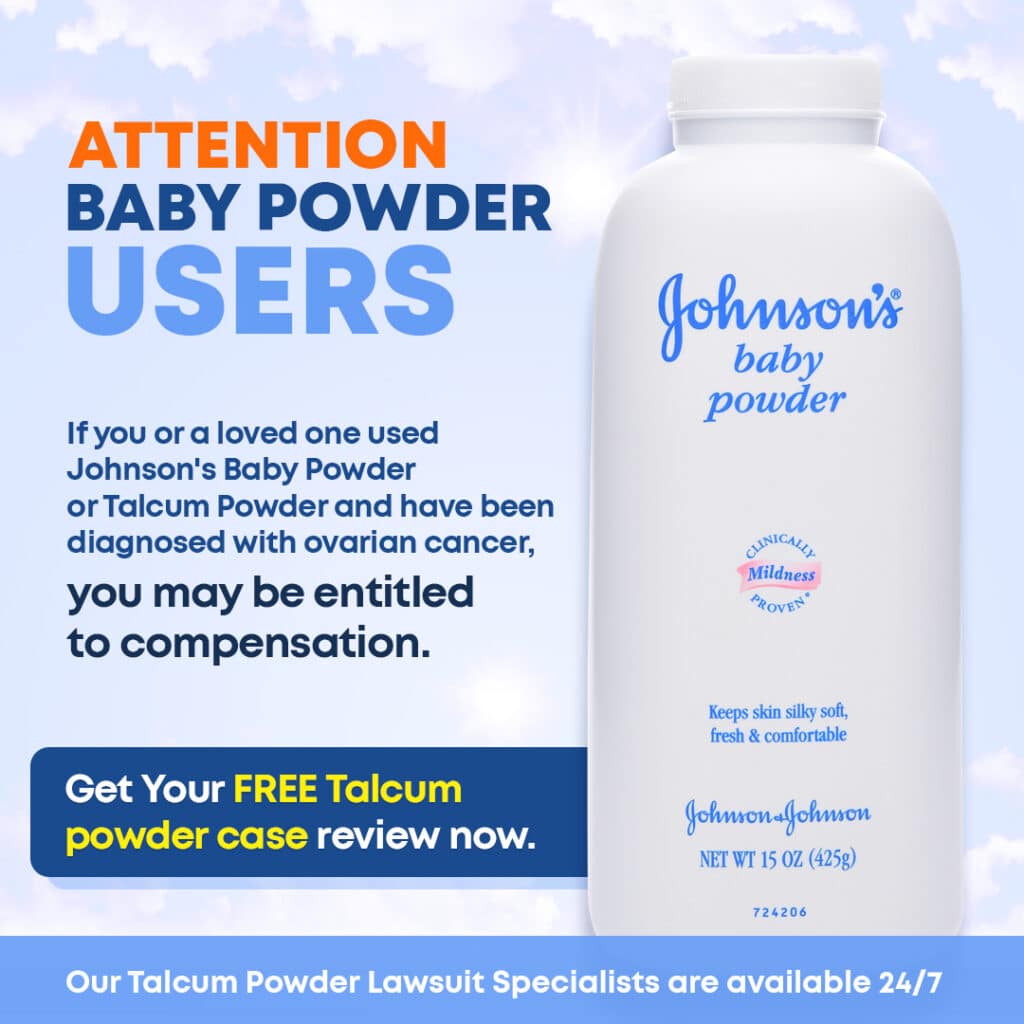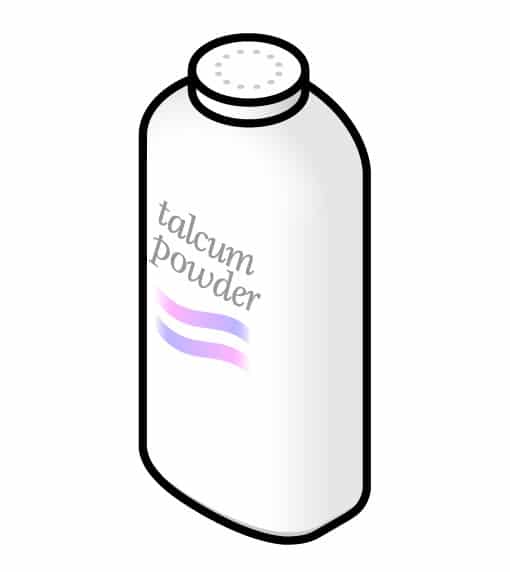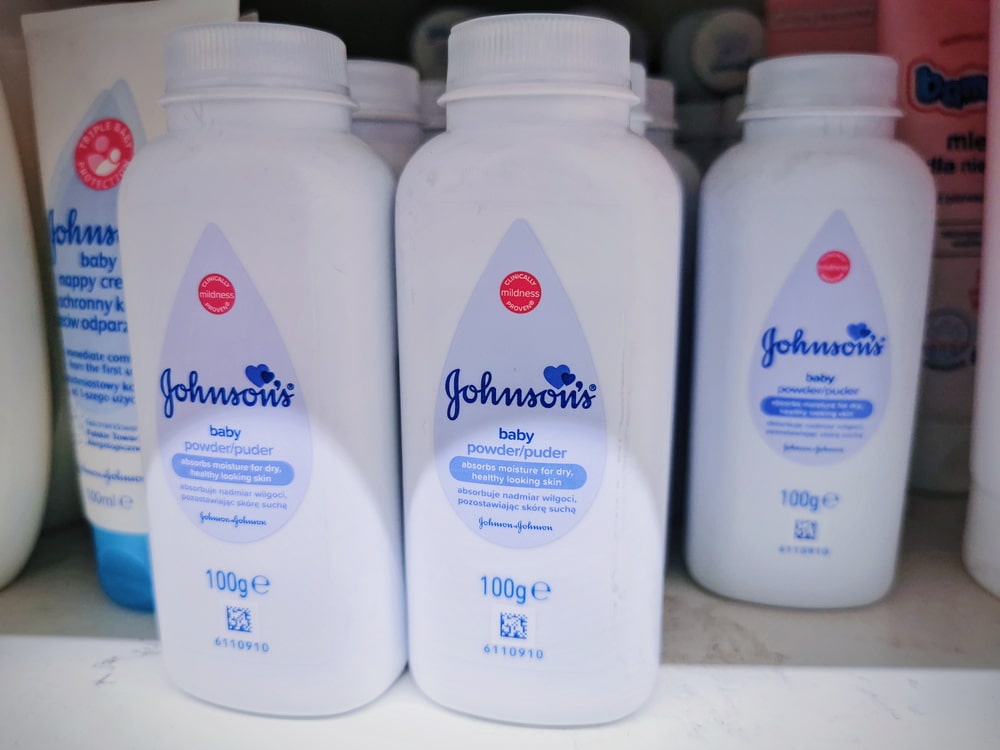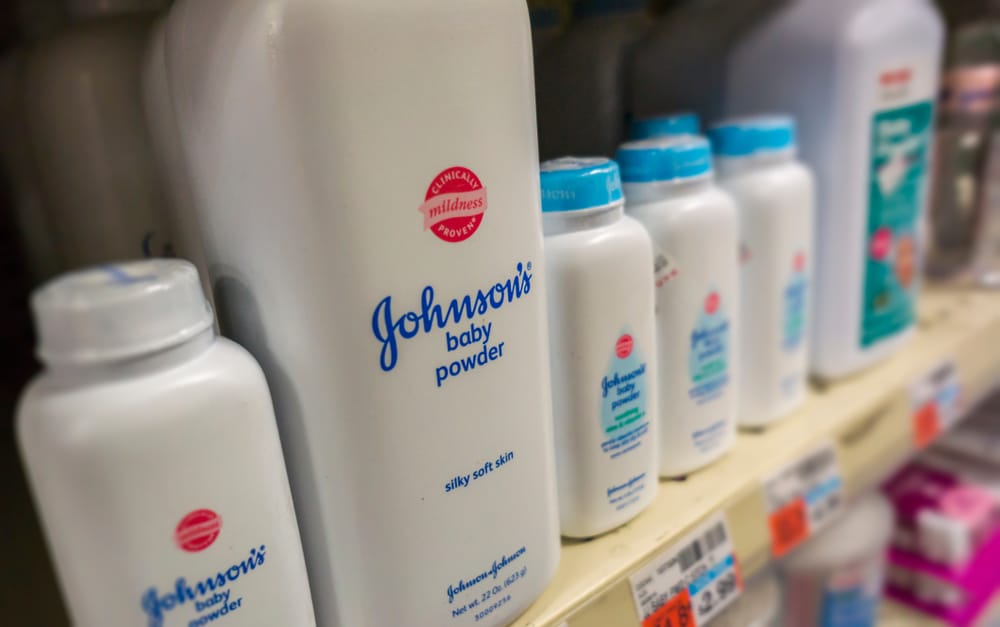Talcum powder-based products can be found in many products. Recent history shows that users have developed certain cancers due to the extended and rampant use and availability of talcum powder-based products. Finding a direct link between talcum powder-based products has been challenging but worth the fight for many. Finding that their cancer is caused by a reputable product that has been widely used for an extended time is concerning. Thus, talcum powder lawsuits have been pursued by many individuals. These lawsuits aim to make manufacturers accountable for the devastating effects of their goods and the misleading marketing of their products to their consumers. If you or a loved one used baby powder and were diagnosed with cancer, consider filing a Johnson & Johnson baby powder lawsuit.
What Are Alleged in Talcum Powder Lawsuits?
The first talcum powder lawsuit was filed in 2009 as an individual lawsuit brought by Deane Berg against Johnson & Johnson. Since then, numerous individual and class action lawsuits have been filed by various claimants against talc powder-based goods manufacturers. Numerous settlements and verdicts for the claimants have been recorded since 2009.
The prominent lawsuits filed by claimants against talcum powder-based product manufacturers were based on false and misleading advertising, negligence, and product liability. These talcum powder lawsuits allege the following:
- The claimant’s exposure to the talc powder-based products manufactured by the defendants has caused their cancer diagnosis.
- The manufacturers of talc powder-based goods falsely and misleadingly marketed their products as safe for human consumption.

Currently, many active talcum powder lawsuits are filed in federal and state courts against talcum powder-based goods manufacturers. More cases are expected to be filed since studies regarding the link of cancer to talcum powders are still being conducted. More so, cancer development tends to take some time, which means that an individual may have ceased using the toxic product before getting a cancer diagnosis, making it harder to link the disease to the product.
What is Talcum Powder?
Talcum powder is a substance made of talc, a mineral of magnesium, silicone, and oxygen. Given its moisture-absorbing qualities, talcum powder is widely used in the cosmetic and skincare industry. Talcum powder is known to help reduce skin friction, keep skin dry, and prevent rashes.
Is Talc Toxic to Humans?
Many studies conducted and continue to be conducted to determine the exact link, if any, between talc and certain cancers. However, a primary cause of concern is that talc is mined from areas where asbestos is found in the rocks and soil. Numerous independent laboratory studies were able to support this concern as they were able to detect asbestos in talcum powders.
The International Agency for Research on Cancer (IARC), part of the World Health Organization (WHO), has classified talc-containing asbestos as carcinogenic to humans. Still, talc that does not contain asbestos is not carcinogenic. Carcinogenic is the term used to describe a substance having the potential to cause cancer.

Nonetheless, talcum-based goods manufacturers maintain that their respective product does not contain asbestos.
What Is Asbestos?
Asbestos is a mineral composed of fibers generally resistant to heat, electricity, and corrosion. These qualities make asbestos a popular ingredient in numerous products sold in the market. These products range from various industries including, but not limited to, cosmetics, skincare, insulation, paint, appliances, automotive parts, and construction products.
Numerous studies have found asbestos to cause severe types of cancer in humans, including mesothelioma, lung cancer, larynx cancer, and ovarian cancer.
What Type of Cancers Are Linked To Talc?
Talc has been determined to be a carcinogenic agent, a substance linked to causing cancer. Some of the cancers associated with talc are as follows:
- Ovarian cancer
- Larynx cancer
- Lung cancer
- Stomach cancer
- Uterine cancer
- Breast cancer
- Cervical cancer
- Endometrial cancer
- Mesothelioma is a type of cancer that affects a thin layer of tissue covering most of a person’s internal organs.
Note that the list of cancers above is not exhaustive, as further studies may reveal other types of cancers that may be linked to talc.

Who Are The Top Cosmetic and Skincare Manufacturers Named In the Talcum Powder Lawsuits?
The cosmetic and skincare industries are one of the primary users of talc and talcum powders in their products. Given their wide use of talcum powders in their goods, manufacturers in these industries are named in most talcum powder lawsuits.
The cosmetic and skincare companies named in the talcum powder lawsuits are as follows:
- Johnson & Johnson
- Colgate-Palmolive
- Imerys Talc North America
- Whittaker, Clark & Daniels
- Vanderbilt Minerals
The list of manufacturers above is not exhaustive as other goods produced by manufacturers in the same or different industries may be subject to lawsuits for their products.
Who Are Eligible To File Talcum Powder Lawsuits?
Individuals exposed to talcum powder-based products and who have developed cancer may be eligible to file a talcum powder lawsuit. Talcum powder-based products may include, but are not limited to, baby powders, cosmetic powders, spray powders, body powders, and industrial products with powder qualities. These industrial products may include but are not limited to chalk, clay, paper, compounds, paint, and adhesives.
In addition, family members of individuals who developed and died from cancers linked to talcum powder-based products may have a cause of action to file a wrongful death lawsuit against the defendants.
Are Talcum Powder Claims Subject To Statute of Limitations?
Yes, filing for talcum powder lawsuits is subject to each state’s statute of limitation rules.
Statute of limitation is the time limit set by the jurisdiction on when claimants are allowed to file their lawsuits. A lawsuit filed by the claimant after the set statute of limitation has passed will likely be opposed by the other party, and the court will probably dismiss the lawsuit. Each respective state sets its statute of limitation depending on whether the case is a criminal or civil lawsuit and the specific type of claim.

Statute of limitations generally starts from the date of the incident or when the claimant should have known the harm tied to the alleged action. Talcum powder lawsuits statute of limitation time basis typically begin when an individual has been diagnosed with cancer. Since a case is connected to a specific deadline and cancer is a severe disease, filing a timely lawsuit to the appropriate court is essential.
Thus, it is crucial to speak with a reputable state-licensed product liability or personal injury attorney to provide vital information regarding filing a talcum powder lawsuit against the manufacturer of the talcum-based product.
Should A Claimant File For An Individual Lawsuit Or A Class Action Lawsuit?
Claimants filing for talcum powder lawsuits can file their lawsuits as individuals or as part of a class action lawsuit.
It is important to note that both individual lawsuits and class action lawsuits seek monetary compensation against the defendant for at least one of the following causes of actions tied to their use of talc powder in their products:
- Negligence
- Product liability
- False and misleading advertising
Deciding on whether a claimant should file for an individual lawsuit or join a class action lawsuit dramatically depends on their situation, evidence, and interests. Thus, the claimant should seek the legal assistance and guidance of reputable product liability or a personal injury lawyer who can appropriately assess their case against the manufacturer of talc-based products.





